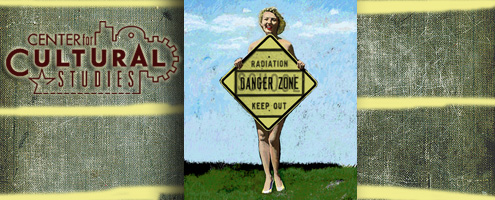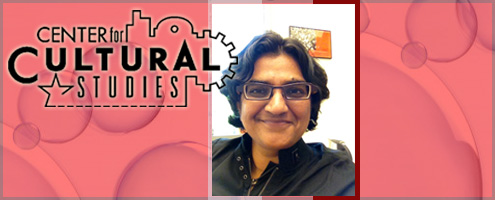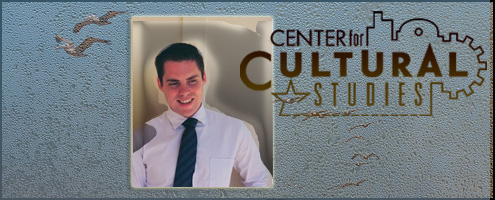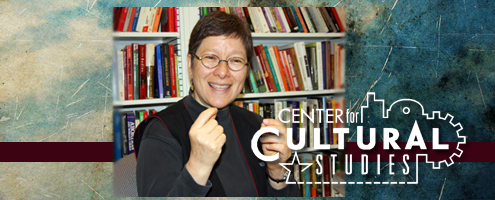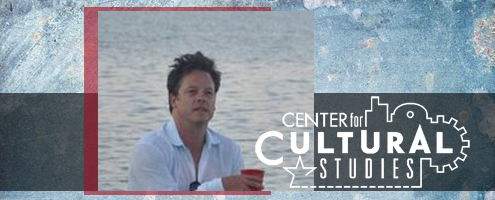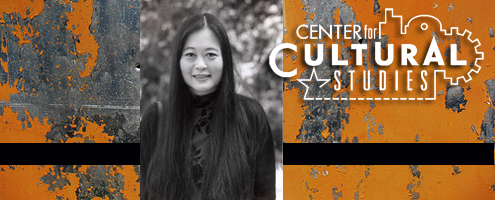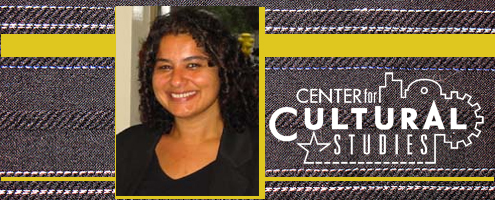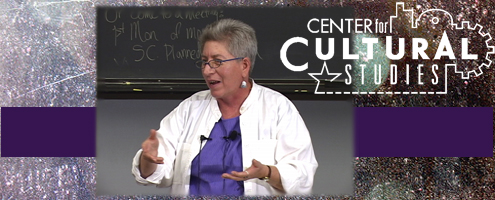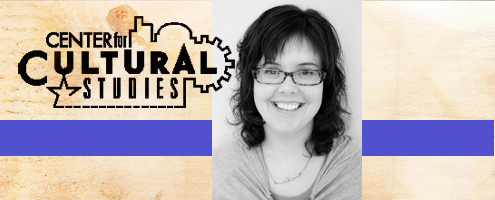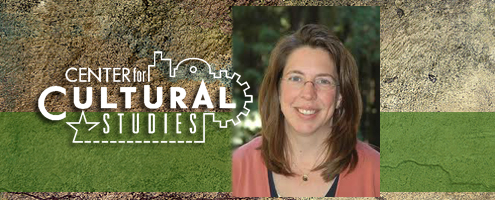Modern utopias and nuclear wastelands come
together in Professor Brown’s “Plutopia”
about the first two cities in the world to produce
plutonium—Richland, Washington and
Ozersk, Russia. New postwar communities
of high-risk affluence alongside plutonium
disasters and public health catastrophes were
thus created on two of the world’s most radiated
landscapes.
Co-sponsored by The History Department and The Anthropology Department.
Kate Brown is an Associate Professor of History in the University of Maryland,
Baltimore.

